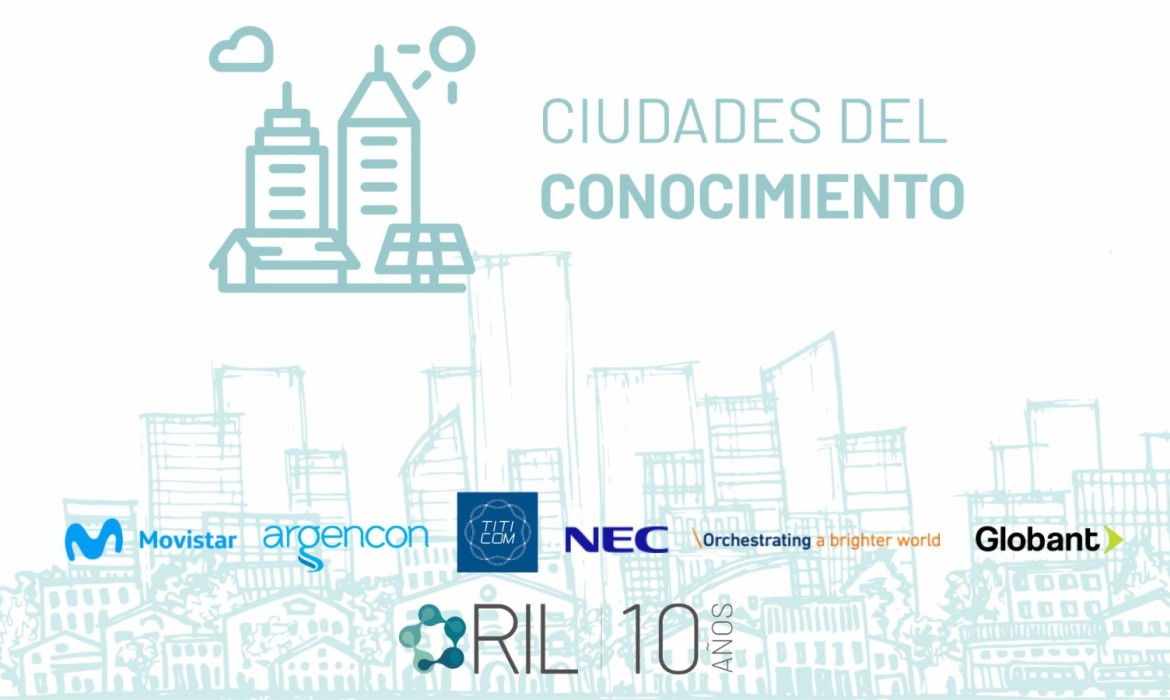
The Local Innovation Network (RIL) launched the Cities of Knowledge program that will work with twenty local governments to enhance opportunities for their cities to have an educational ecosystem that makes sense with local and regional labor demands, that encourages the establishment of technology-based companies and makes available to citizens and the productive network the necessary connectivity infrastructure, having as main strategy the public-private articulation.
With the support of Argencon, Globant, Movistar, NEC and Titicom, the Cities of Knowledge Program began on April 9 and will work for 9 months with the government teams of the selected cities to solve public challenges in the field of knowledge economy.
The cities that are part of this third edition are: Alberti (Buenos Aires), Azul (Buenos Aires), Bell Ville (Córdoba), Bella Vista (Tucumán), Carlos Casares (Buenos Aires), Ceres (Santa Fe), Escobar (Buenos Aires), General Lagos (Santa Fe), General Juan Madariaga (Buenos Aires), San Martín (San Juan), Junín (Buenos Aires), Libertador General San Martin (Jujuy), Lobería (Buenos Aires), Pergamino (Buenos Aires), Rosario (Santa Fe), San Fernando del Valle de Catamarca (Catamarca), San Justo (Santa Fe), Venado Tuerto (Santa Fe), Villa Maria (Córdoba) and Zapala (Neuquén).
The objective of the Cities of Knowledge Program is for the cities to develop an ecosystem characterized by having an educational offer that makes sense with the local and regional labor demands; that encourages the establishment of technology-based companies; and that makes available to the citizens and the productive network the necessary connectivity infrastructure for the development of the cities, having as its main strategy the public-private articulation.
For this to happen, RIL together with the government teams will develop a strategy that will have as a starting point the analysis of the self-diagnosis of the city of knowledge, from which the opportunities for improvement and the actions that will make up the action plan of each city will be identified.
This work will be enriched with the articulation between all the actors of society, having the local government as the promoter of this public policy in order to improve the opportunities and quality of life of its inhabitants.
We thank the companies Globant, NEC, Titicom, Movistar and Argencon for their support in the development of the program to solve the challenges of the cities and improve the quality of life of their inhabitants.
To learn more about the Cities of Knowledge program, click here.
